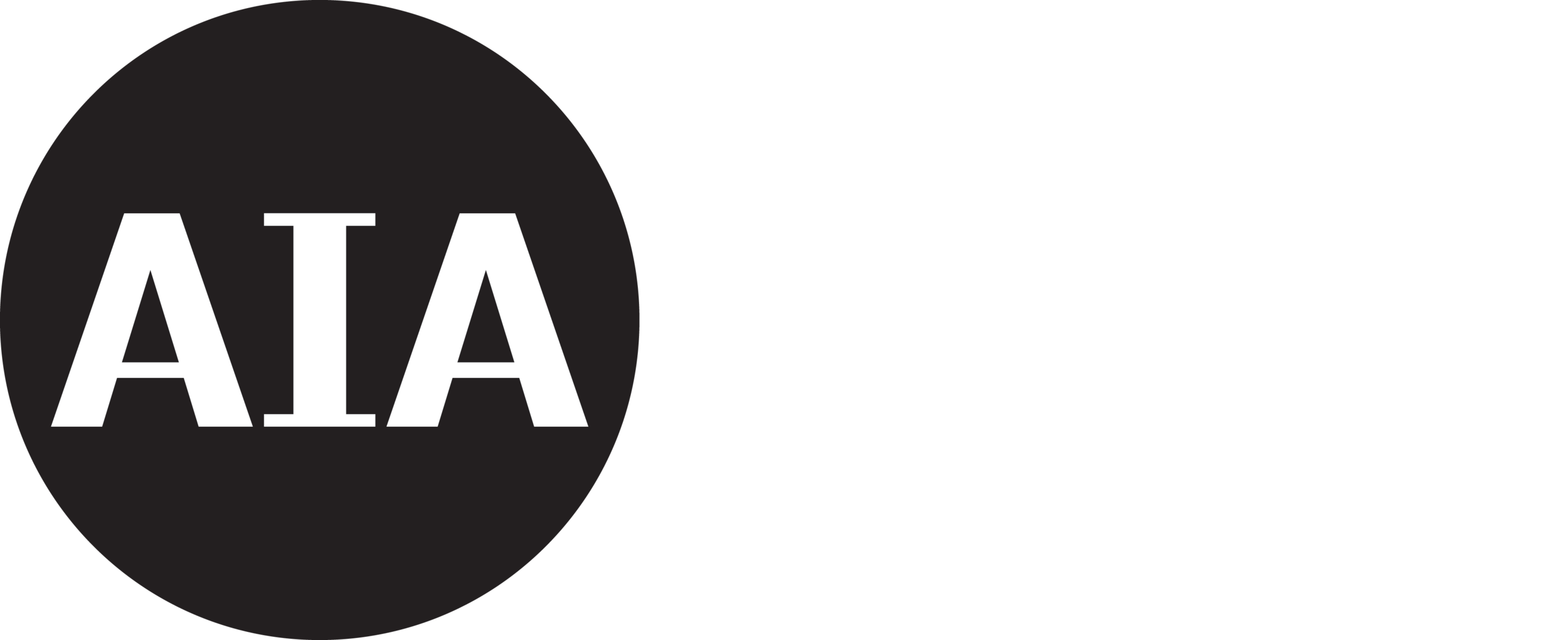AIA Maine's Testimony at the Public Hearing by the 127"‘ Legislature’s Joint Standing Committee on Labor, Commerce, Research and Economic Development
The following is testimony from AIA Maine's Legislative Committee on April 22, 2015 regarding:
LD 1093: An Act Regarding Municipalities to Which the Maine Uniform Building and Energy Code Applies
LD 1120: An Act to Repeal the Maine Building and Energy Code
LD 1191: An act to Remove the Municipal Mandate to Enforce the Maine Uniform Building and Energy Code
Senate Chair Volk, House Chair Herbig, members of the Joint Standing Committee on Labor, Commerce, Research and Economic Development,
My name is Stephen Rich. I am a 3rd generation Maine native, born and raised in Portland; a 36-year resident of Glenburn, ME; and a registered Maine Architect for 37 years. l am here representing myself, my business, and my Maine Chapter of the American Institute of Architects. I am speaking in opposition to three of the Maine Uniform Building and Energy Code bills before you today.
We strongly urge you to not advance these bills that weaken the Maine Uniform Building and Energy Code, for the following reasons:
1) History: The 2006 "Brookings Report: Charting Maine’s Future, and an Action Plan for Promoting Sustainable Prosperity & Quality Places” was a clarion call for Maine to focus on economic development in a meaningful and organized way. lt offered the following:
“...Maine should: Mandate the adoption of a perfected model building code... Today, Maine’s lack of a uniform statewide building code seriously hinders redevelopment by injecting uncertainty into investors’ decision making, consuming time, making clear guidance from a central source impossible to obtain.”
2) Safety: Building Codes evolve in response public safety and public interest events. Revisions are typically predicated on some catastrophic incident, or some significant historical event that brings us closer to a need for change (i.e. the 1911 NYC Shirtwaist Factory fire, the 1981 Hyatt Regency walkway collapse, the 1980's escalation of energy costs, the Katrina and Sandy hurricanes, etc.). These events, prodded by both human costs and economic costs, moved the interpretation of minimum building standard forward. If the MUBEC Code is removed, we will transgress back things like the 1996 BOCA Code and other national codes of that era. Things have certainly changed during the past 20 years, and it is important that our minimum standards advance with current technology and climate conditions.
3) Cost Effectiveness: Hurricane Katrina in 2005 and Hurricane Sandy in 2012 were wakeup calls about our vulnerability to disasters. Federal disaster decelerations are getting to be more frequent, contributing to exploding disaster recovery costs. A study by the Louisiana State University Hurricane Center estimated that stronger building codes would have reduced damage from Hurricane Katarina by 80 percent, preventing $8 billion in damage. A recent study by FEMA reported that every $1.00 spent on pre-disaster mitigation activities yields $4.00 in benefits.
4) Public Opinion: A survey conducted by Portland-based Critical Insights in 2011 shows that 80% of Maine voters support Maine's uniform building and energy codes. It goes on to show that support is above 60% in every demographic subgroup they tracked: male & female; Ds, Rs, and ls; all age groups; all income levels; all parts of Maine.
In closing, building codes are developed through an open process, using expert input to ensure human health, safety, and welfare in the construction and occupancy of buildings. These codes function as a minimum standard, offering invaluable first line of defense against natural disasters and other adverse events. Encouraging adoption of better building codes will save lives, property, and money. Adopting exemptions from codes, or worse yet, transgressing back 20 years to antiquated codes, is movement in the wrong direction.
Thank you very much for your time and consideration. l would be pleased to answer any questions you may have.
Sincerely,
Stephen B. Rich, AIA
Stephen Rich | Architecture
374 Hudson Road
Glenburn, ME 04401
207.745.8573

